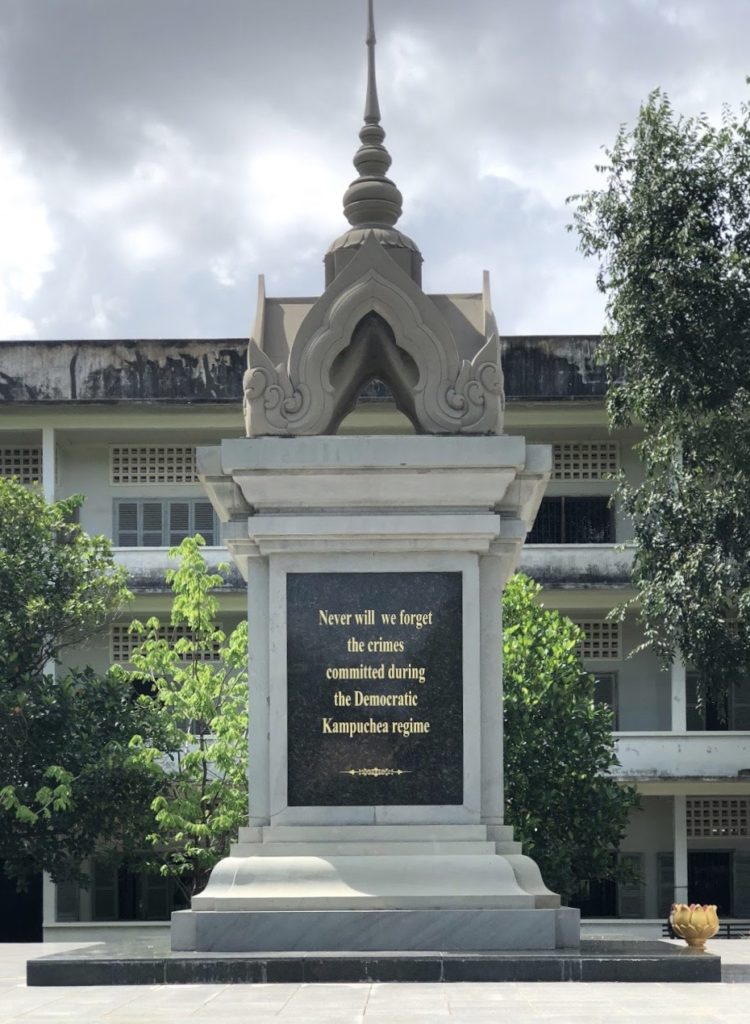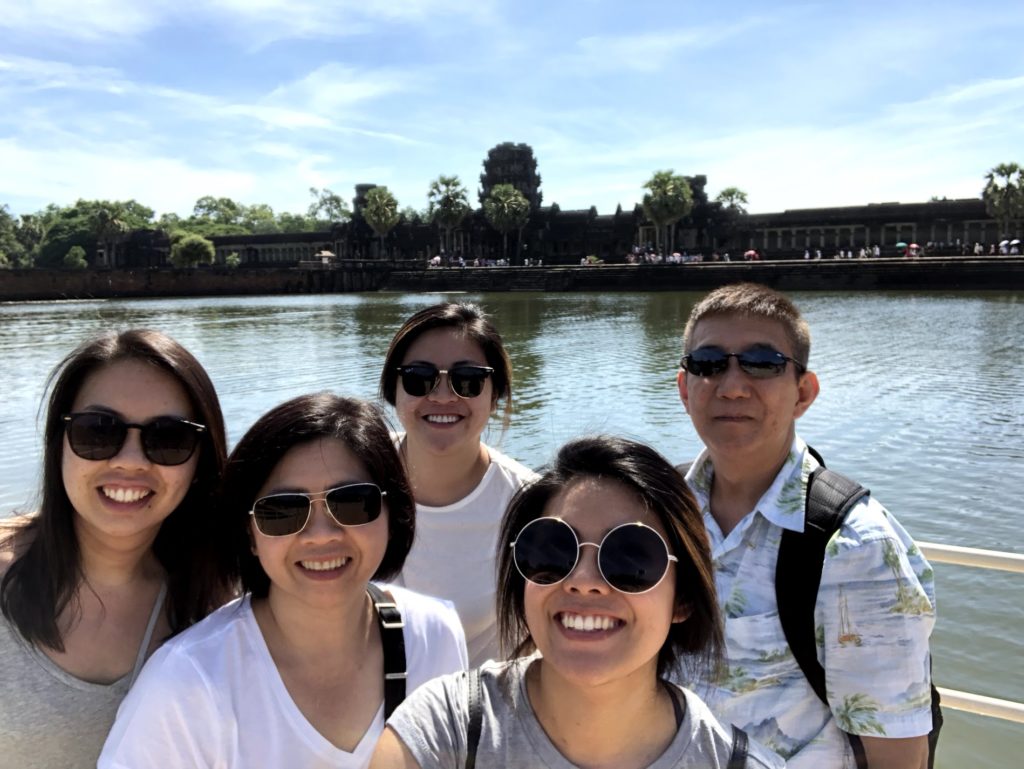Choose Your Own Adventure: Honors Thesis Edition

During the Winter term of my freshman year, I decided to take a colloquia class on a whim. My older sister who was also an Honors College student wanted to take a class with me before she graduated, so I enrolled in “HC 407: OSU, Women and Oral History: An Exploration of 150 Years” without even reading the course description. I needed the HC colloquia credit – so why not?
This ended up being one of the best decisions I’ve made at OSU. Along with learning about the history of OSU, the influential women that have shaped our university, and how fun it is to take a class with a sibling, we were tasked with conducting our own oral history interview with a woman that has impacted OSU. As I navigated the oral history process and experienced its ability to fully capture someone’s story, I was suddenly struck with inspiration to apply this practice to my own family history. From there, the idea of my thesis was born and my professors, Christoffer Peterson and Tiah Edmunson-Morton became my thesis mentors.
My thesis aims to analyze the effects of the Khmer Rouge genocide era on inter-generational trauma and familial dynamics in the families of survivors. In 1975, the Communist Party of Kampuchea overthrew the Cambodian government and sparked the beginnings of the Khmer Rouge genocide. This merciless attempt to transform Cambodia into a rural classless society led to the abolition of currency, private property, religious practices, schooling, and traditional Khmer culture. The Khmer Rouge regime stripped all Cambodians of their basic human rights and turned my parents and countless others into orphans, refugees, and survivors. Growing up, I had very little understanding of what my parents’ lives were like as a result of the genocide and experienced difficulty embracing my Cambodian-American identity. To further my knowledge of the Khmer Rouge, I decided to dedicate my thesis to my family history.

In June 2018, my family and I traveled to Cambodia and I conducted interviews with survivors in the provinces of Siem Reap, Battambang, and Phnom Penh. This wouldn’t have been possible without the support of my parents, my thesis mentors, and Honors advisors who helped freshman-year Tiffany translate documents, prepare for interviews, and navigate IRB forms. In the future, I plan to conduct interviews in large Cambodian-immigrant communities across the U.S. to gain a holistic understanding of the effects of the Khmer Rouge genocide on the families of survivors.
Today, I am still working on perfecting my thesis proposal, but it has already helped me #HCBeMore by allowing me to gain a deeper understanding of my culture and family history. I have become much closer to my parents through my thesis, and I am so excited about what I will learn about myself as I continue this journey!

By: Cassidy Parker
CATEGORIES: All Stories Inside Scoop Uncategorized